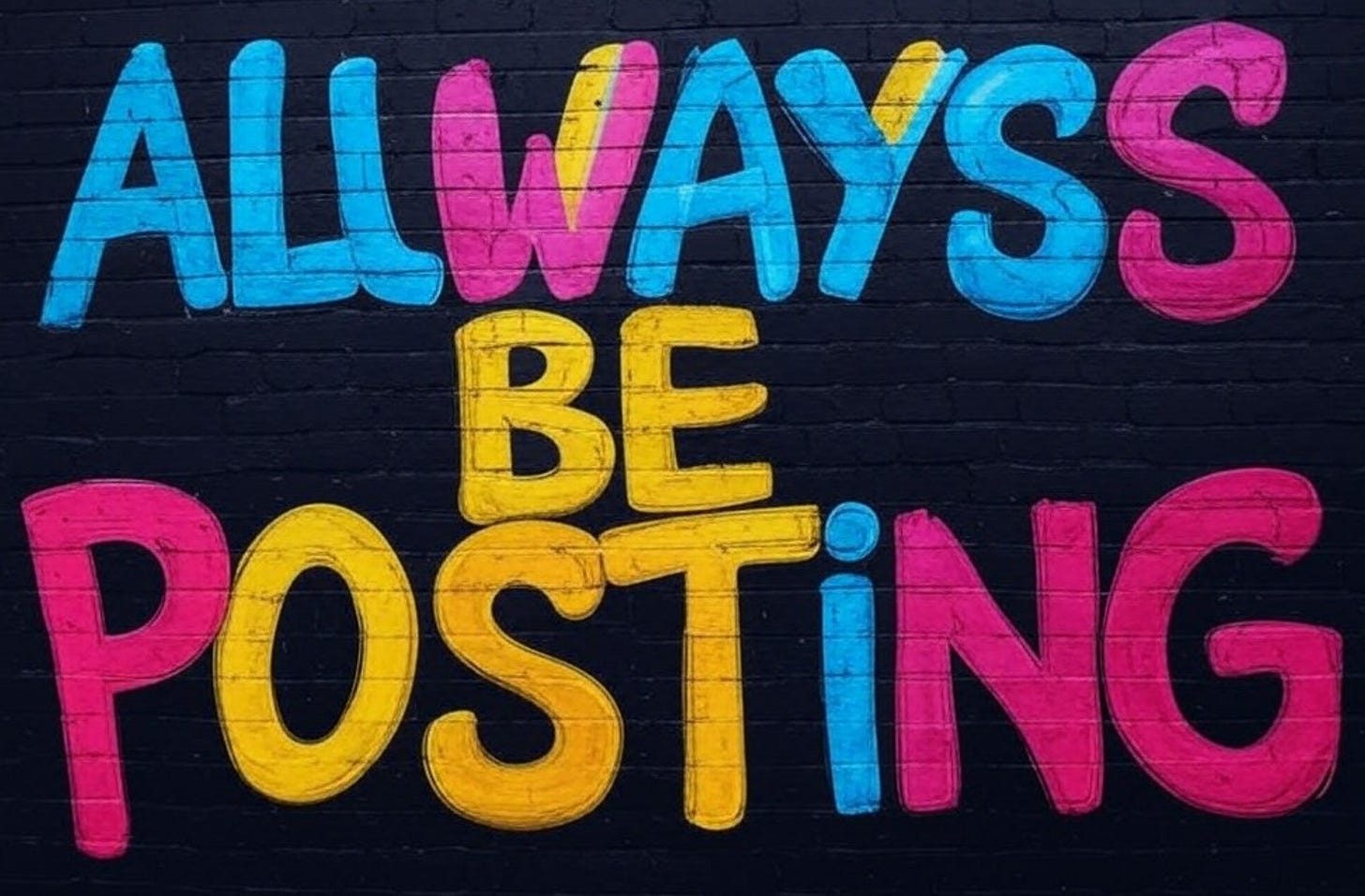The Work of the Bet (2025 edition)
An updating of a Chekhov classic that's gone a bit stale
It was a dreary evening at the San Francisco crypto mixer and De Vere BallX, where several tech entrepreneurs, based anons, podcasters, and other extremely online heads had gathered to discuss the ethics of AI regulation. The old venture capitalist (40), nursing his fourth blood-boy kombucha of the night, paced a…
Keep reading with a 7-day free trial
Subscribe to Oliver Bateman Does the Work to keep reading this post and get 7 days of free access to the full post archives.


